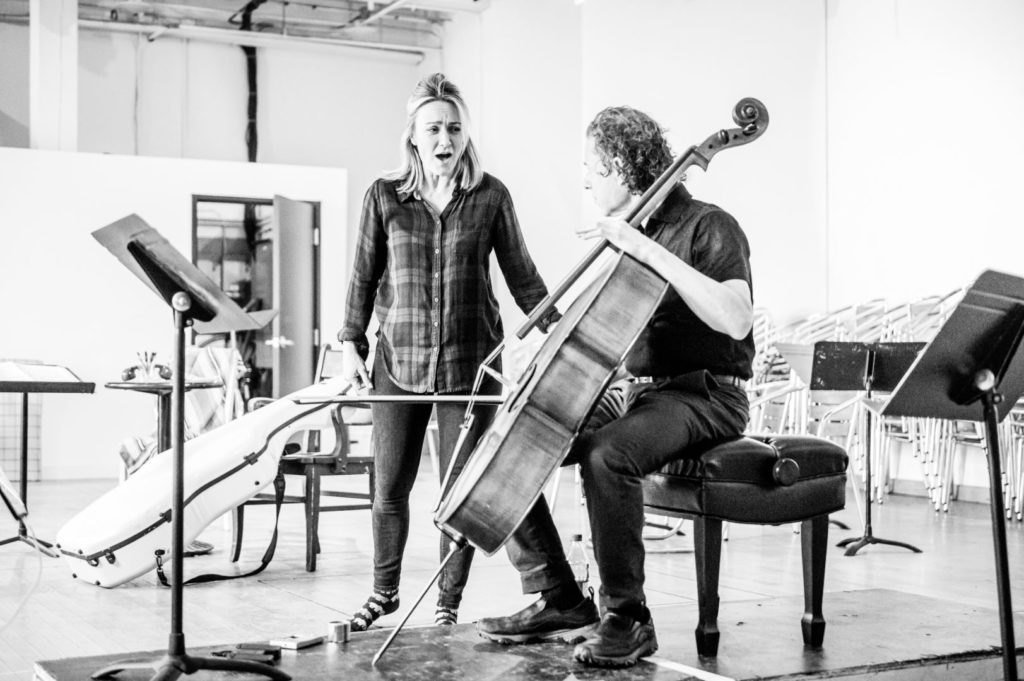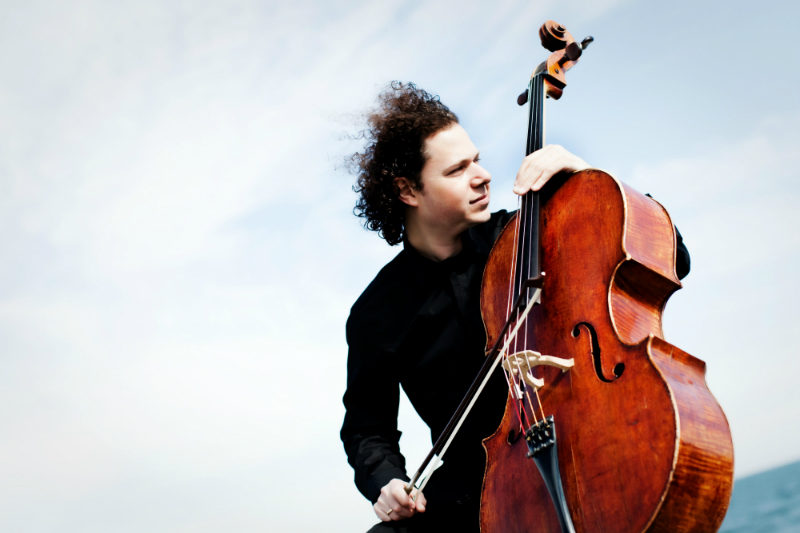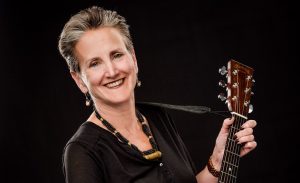When Matt Haimovitz performs at the world premiere of Tapestry Opera’s Jacqueline: a portrait of virtuosity, the audience can anticipate music that resonates with the poignant timbre of the famed cellist’s intimate association with Jacqueline du Pré as her young protégé.
Rising from a young prodigy herself, to peak fame as one of the world’s greatest virtuosi and ultimately succumbing to a tragic finale, English cellist du Pré was recognized in her prime as an exquisitely talented female soloist.
At the heart of du Pré’s life, strings a loving relationship with celebrated pianist and conductor Daniel Barenboim that blossomed in Israel. The story goes that in 1967 – while the couple were performing concerts before, during and after the Six-Day War – du Pré felt such an overwhelming connection to Judaism as a musician that she converted to Judaism to marry Barenboim. Tragedy struck in 1971 when she was diagnosed with multiple sclerosis. She died at 42 in October 1987 and was buried in the Jewish cemetery in Golders Green in London.
As Haimovitz explains that the opera portrays du Pré’s struggle with an illness that stole her identity, her musical gift and life, his blue eyes reflect a genuine adoration of du Pré simultaneously with his great love for the instrument.
Haimovitz’s relationship with du Pré grew from a serendipitous phone call during Passover in New York when he was 13.
He recalls, “(Itzhak) Perlman said, ‘Can you come over, because Daniel Barenboim is here and we’d love to play some chamber music.’ I took the bus. I played the “Brahms E-Minor Sonata” with Daniel, not realizing the emotional importance of the moment. That was the first time he had played with another cellist since Jacqui had become sick. Daniel was so overwhelmed, he lifted me up, gave me a big hug, and invited me to work with him on various sonata repertoires and concerti. A year later, he invited me to make my European debut as he conducted the English Chamber Orchestra in London at the Barbican.”
To prepare for that concert, Haimovitz says Barenboim asked him to spend time with du Pré. “She was very sick, not self-sufficient. I spent a week caring for her, listening to her recordings, watching videos and playing for her. At the time, she didn’t know exactly what I was playing, but she had a visceral memory, and instructed me on finger placement and bowing. For several years after that, she attended every one of my concerts in London. We remained close until she passed away.”
Haimovitz says their relationship was a symbiotic, musically emotional one. “Jacqui was my ideal artist, from the heart. She transcended technique with organic, natural music. On one level, being with her was inspirational. But seeing someone so vulnerable who once had everything, such power to engage people, and imagining myself through that lens was terrifying, especially being so young and idealistic. I had to put things into perspective.”

Serendipity impacted Haimovitz’s life again while studying in the music department at Harvard when he met budding composer and future wife Luna Pearl Woolf.
“Luna is a story teller, completely immersed in the operatic world. She was inspired by the depth of my relationship with Jacqueline to tell the story of Jacqui before it’s too late. It’s a thrill for me to enter her opera world, where there’s the arc of the story with words and music, because mine is usually abstract and instrumental.”
Haimovitz says audiences will see du Pré from the first moments where she falls in love with the cello and is mesmerized by it, and how it becomes a part of her, her friend, her lover.
“The sensuality and anger when she can no longer play and feels the cello betrays her with the disease. It’s a human, almost biblical story, like Job who has everything taken away and deals with his faith. The story encompasses Jacqui’s range of talents. As Toby Perlman, Itzhak Perlman’s wife told us recently, “It is no easy feat, because Jacqueline has no reference.”
Born in Israel to Romanian parents who took him to concerts, Haimovitz was seven when he was mesmerized by a Russian cellist, the exotic and mysterious sound he produced, and the physical sense of embracing the instrument to produce music by taking bow and hair to the strings.
At 10, Haimovitz impressed Itzhak Perlman, who began mentoring him and introduced him to American cellist Leonard Rose, who became his primary teacher and “model as a human being.” In 1984, at 13, Haimovitz debuted as soloist with Zubin Mehta and the Israel Philharmonic Orchestra.
Composed by Woolf, Jacqueline features Pulitzer Prize-winning librettist Royce Vavrek and celebrated soprano Marnie Breckenridge as Jacqueline, with Haimovitz as the cello, du Pré’s only constant companion. Musically inspired by du Pré’s iconic interpretation of the Elgar concerto, the story begs the question: Who are you when all that you are and have known is taken from you?
Tapestry Opera’s Jacqueline runs at the Betty Oliphant Theatre from Feb. 19 – 23. www.tapestryopera.com.










